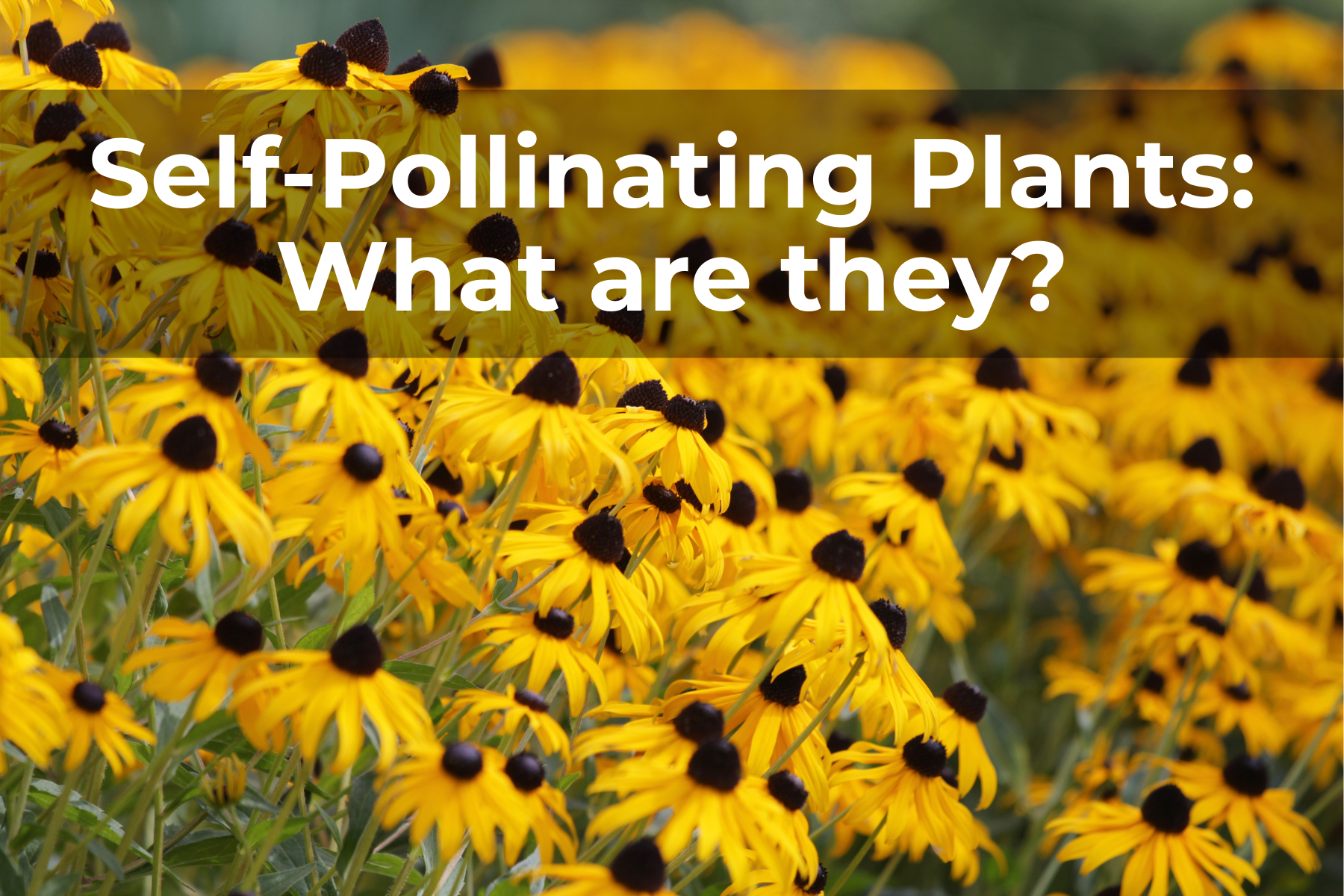Last Updated on April 12, 2024 by Real Men Sow
Self-pollinating plants are plants that don’t require pollinators for fertilization. These plants produce their own pollen, which is carried by the anthers. This form of pollination decreases genetic diversity. Many plants have evolved to attract pollinators by displaying special flower shapes and nectar guides.
Most commonly, plants are very dependent on pollination. The pollen is transferred from one plant to another. This fertilizes the plant, allowing it to produce seeds and fruit. The stamen and pistil are the male and female parts of flowers. The plant is fertilized when pollen moves from the anther in its stamen to the stigma of the pistil.
This process can sometimes be completed by pollinators, which are animals and insects such as bees, butterflies, and bats. One out of three meals we eat is actually brought to us by pollinators! They move from one bloom to another in search of nectar and seeds. Once they find them, they collect pollen grains that they can redistribute. Cross-pollination is also what it was known as.
Why Grow Self-Pollinating Plants?
Cross-pollination is required for your plant. You must include multiple plants in your garden. This may prove difficult for gardeners who have limited space. However, self-pollinating plants can be grown alone. To grow a crop, you only need one of these plants in your garden.
Which Plants Are Self-Pollinating?
Self-pollinating is possible for many crops, but not all. This includes beans, broccoli, cabbages, carrots, and cauliflower, as well as corn, kohlrabi (onions, peppers), and corn. Peaches, apples, cherries, and pears can also be self-pollinated by fruit trees, including peaches, cherries, pears, and peaches. You can find a self-pollinating raspberry, blueberry, or blackberry plant.
Because they only have so much time to produce the seeds they need, annuals tend to self-pollinate.
Why Isn’t My Self-Pollinating Plant Producing Fruit?
First, ensure that your plant is self-pollinating. Double-check all of your research. You will need at least one additional plant if you discover that it requires cross-pollination. You may need to help your plant if it isn’t self-pollinating. To help the pollen grains fall, gently shake or fan the plants.


